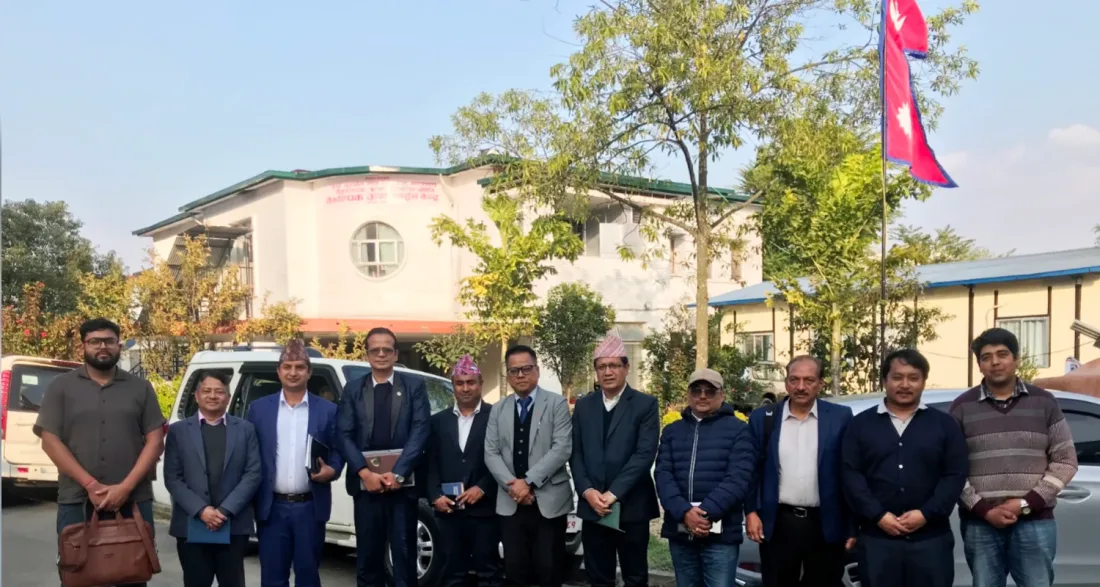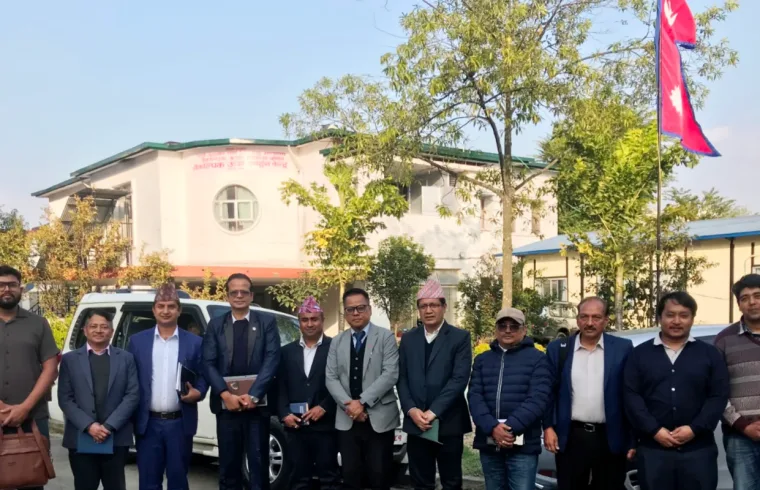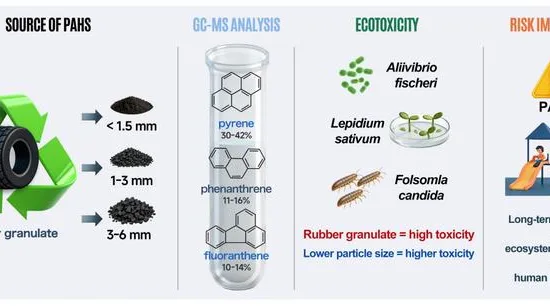|
Getting your Trinity Audio player ready...
|

KATHMANDU— Nepal on Monday launched a national initiative to accelerate its transition to clean energy, issuing the Kathmandu Declaration on Sustainable Biomass Energy during Biomass Action Day 2025.
The declaration, jointly announced by the Renewable Energy Confederation of Nepal (RECON) and the Biomass Entrepreneurs Association of Nepal (BEAN) with support from the Alternative Energy Promotion Centre (AEPC), sets out a 10-point plan to reduce coal dependence and promote waste-to-energy solutions.
Officials said the move aligns with the International Day of Action on Forest Biomass Energy, a global campaign opposing the burning of forest wood as renewable energy. International organizations have warned that subsidies for forest biomass have led to logging, biodiversity loss, and short-term carbon emissions higher than coal.
AEPC Executive Director Navaraj Dhakal said bioenergy was now a national priority, adding that “clean thermal energy is urgently needed today.”
Key Measures
The Kathmandu Declaration outlines several priority actions to accelerate Nepal’s transition to sustainable biomass energy. It calls for mandatory industrial co-firing of biomass with coal at levels between 7 and 20 percent, alongside the removal of value-added tax (VAT) on clean biomass products such as pellets, briquettes, gasifiers, and improved cookstoves.
To encourage adoption, the declaration proposes subsidies and incentives for boiler conversion and biomass technology deployment, while also urging the expansion of municipal waste-to-energy programs nationwide.
In addition, the plan emphasizes the operationalization of carbon credit systems for biomass energy projects, enabling Nepal to tap into international climate finance. Finally, it calls for the creation of a National Biomass Task Force, led by AEPC, RECON, Kathmandu University, and BEAN, to coordinate policy and implementation efforts.
Biomass Potential
Technical analysis presented at the event estimated Nepal’s biomass potential at 5 million tons annually, with pellet production capacity of 4.2 million tons and an economic value of USD 800 million.
Guna Raj Dhakal Bilas, the Immediate Past Chairperson of RECON, stressed that policy reforms are critical to advancing biomass energy in Nepal, pointing to the need for VAT removal, mandatory co-firing requirements, and the establishment of a dedicated biomass task force. He argued that with these measures, Nepal has the potential to emerge as a regional leader in circular bioenergy.
Similarly, Santosh Mani Nepal, Chairperson of DRE, highlighted that Nepal’s forest economy remains largely untapped. He noted that while community and private forests are thriving, restrictive policies continue to prevent the country from fully benefiting from its own forest resources.
The Kathmandu Declaration commits Nepal to protecting forests, scaling waste-to-energy, and building a circular bioeconomy. Organizers said November 24 will be marked annually as National Biomass Action Day.







